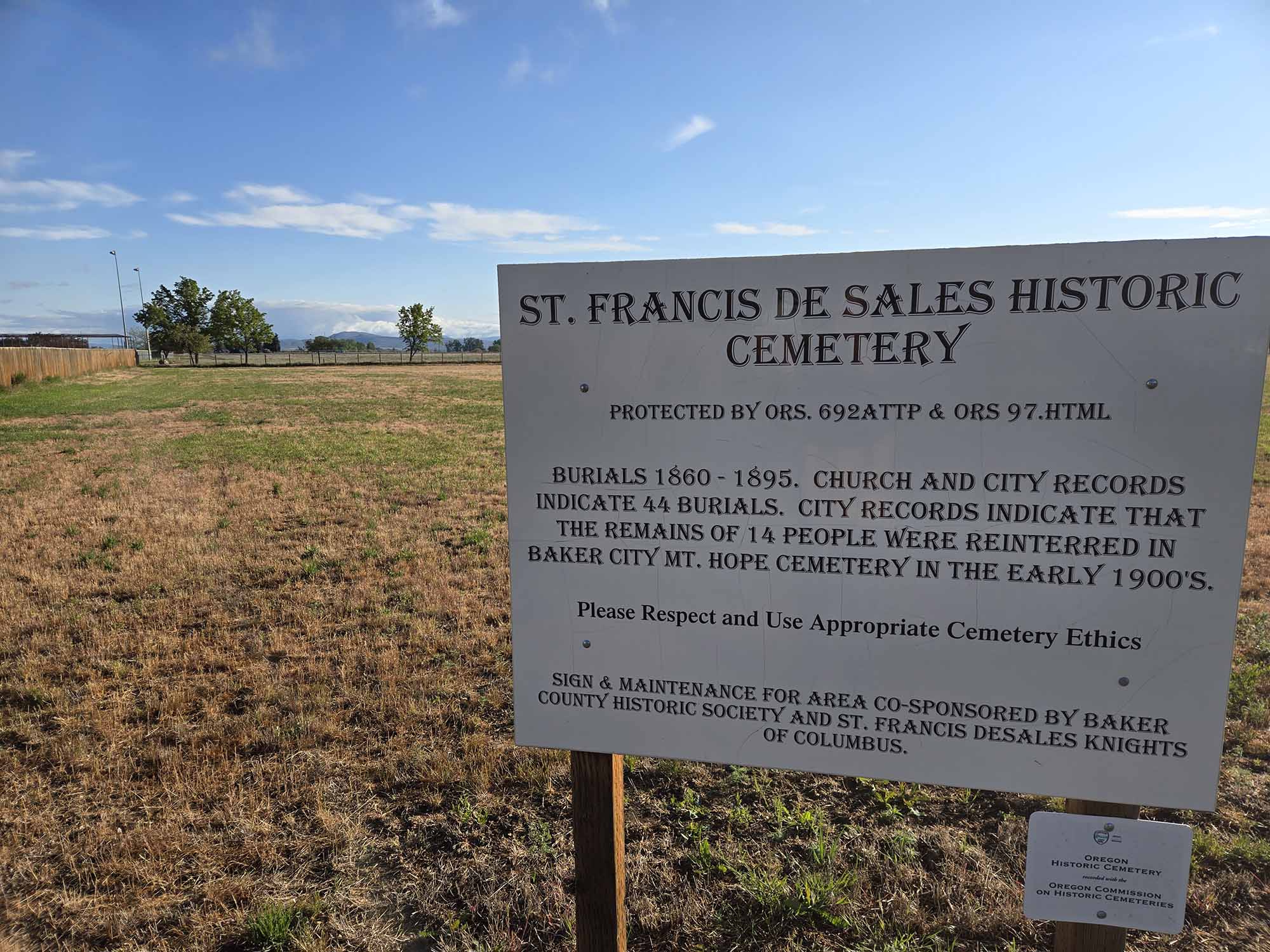Attorneys spar over motion to dismiss former Baker City fire chief’s $999,999 lawsuit against city
Published 2:40 pm Friday, November 1, 2024

- The Baker County Courthouse.
The attorney defending Baker City in former fire chief Todd Jaynes’ $999,999 civil lawsuit argued in a hearing on Friday, Nov. 1, that the contract Jaynes signed in July 2023 was not binding because none of the city councilors then was still in office when City Manager Barry Murphy fired Jaynes in March 2024.
Kirk Mylander, an attorney for CIS of Tigard, the city’s insurance provider, told Baker County Circuit Court Judge Matt Shirtcliff that even if the contract was binding, the city did not breach the contract’s terms when Murphy fired Jaynes.
But Jaynes’ attorney, Richard Slezak, argued that the contract was binding and that Jon France, who was interim city manager when Jaynes signed the contract, misled Jaynes and induced him to sign the pact.
Slezak, who was in the courtroom, and Mylander, who participated remotely, were arguing over Mylander’s motion asking Shirtcliff to dismiss the lawsuit.
Slezak, of Salem, filed the suit July 6.
Mylander filed the motion for dismissal on Sept. 5.
After hearing the arguments Friday, Shirtcliff concluded the 30-minute by telling the attorneys that he would review court cases included in their briefs and issue a decision later.
City’s argument
Mylander reiterated the points he cited in his motion for dismissal.
First, he argued that the seven city councilors, along with Murphy, were not bound by the terms of the contract Jaynes signed in July 2023.
Later that year, all seven councilors resigned and were replaced by appointed members.
France’s term as interim manager ended, and the newly appointed council hired Murphy.
Second, Mylander contends that even if the judge deemed the 2023 contract valid, Murphy did not breach its terms when he fired Jaynes.
Mylander noted that the contract included a clause allowing the city to fire Jaynes “for convenience” if the city gave him severance pay equal to three months of his salary ($7,034 per month).
The city paid Jaynes $21,129 in severance.
“There is no breach at all,” Mylander told Shirtcliff on Friday.
In effect, Mylander argued, Jaynes is asking the judge to nullify the section of the contract that states Jaynes could be fired without cause (the “for convenience” clause).
Mylander described Jaynes’ lawsuit as “buyer’s remorse.”
“There’s just no basis for him to argue that he was fraudulently misled,” Mylander said.
“If anyone is breaching the contract, the plaintiff is,” Mylander said, by filing a suit based on a contract he signed.
Jaynes’ argument
Slezak countered by telling Shirtcliff that France misled Jaynes about the contract.
Slezak described this is a “fraudulent inducement” that Jaynes relied on when he signed the contract, and that Jaynes suffered damages as a result, specifically that he was fired less than a year after taking the job.
Slezak argued that Mylander’s contentions could be the basis for a motion for summary judgment, but that the questions of fact should be decided later, and that dismissing the lawsuit at this point is not appropriate.
In the lawsuit, Slezak wrote that Jaynes had objected to the convenience clause before signing the contract.
Jaynes signed the contract, though, because France told him the clause was a formality, and that Jaynes would have a job for as long as Jaynes was city manager, and even longer, if he wanted it.
The contract included a term of a minimum of five years “unless cause for termination or if Jaynes resigns.”
Slezak wrote in the lawsuit that Jaynes, who moved to Baker City from Jerome, Idaho, “intended this to be his last job before retiring and he needed assurance that he would be employed for at least five years to allow sufficient time for his Oregon PERS retirement benefits to vest.”
Jaynes is seeking $899,999 in economic damages and $100,000 in noneconomic damages. He is asking for a jury trial.





